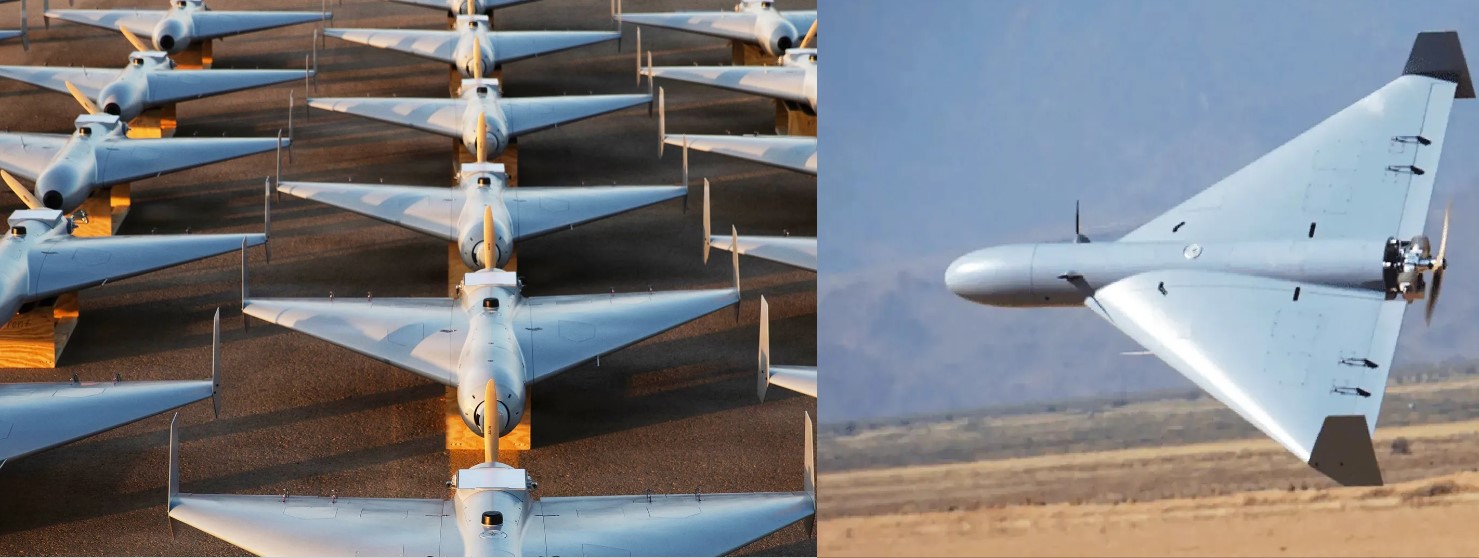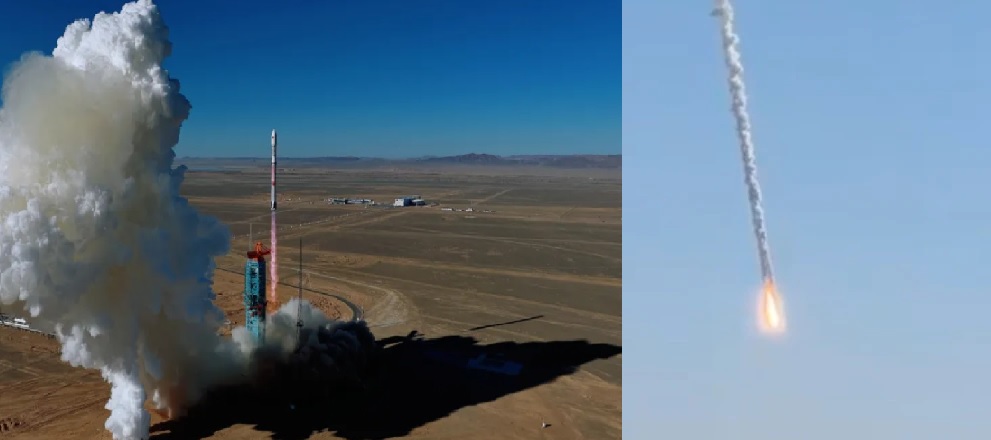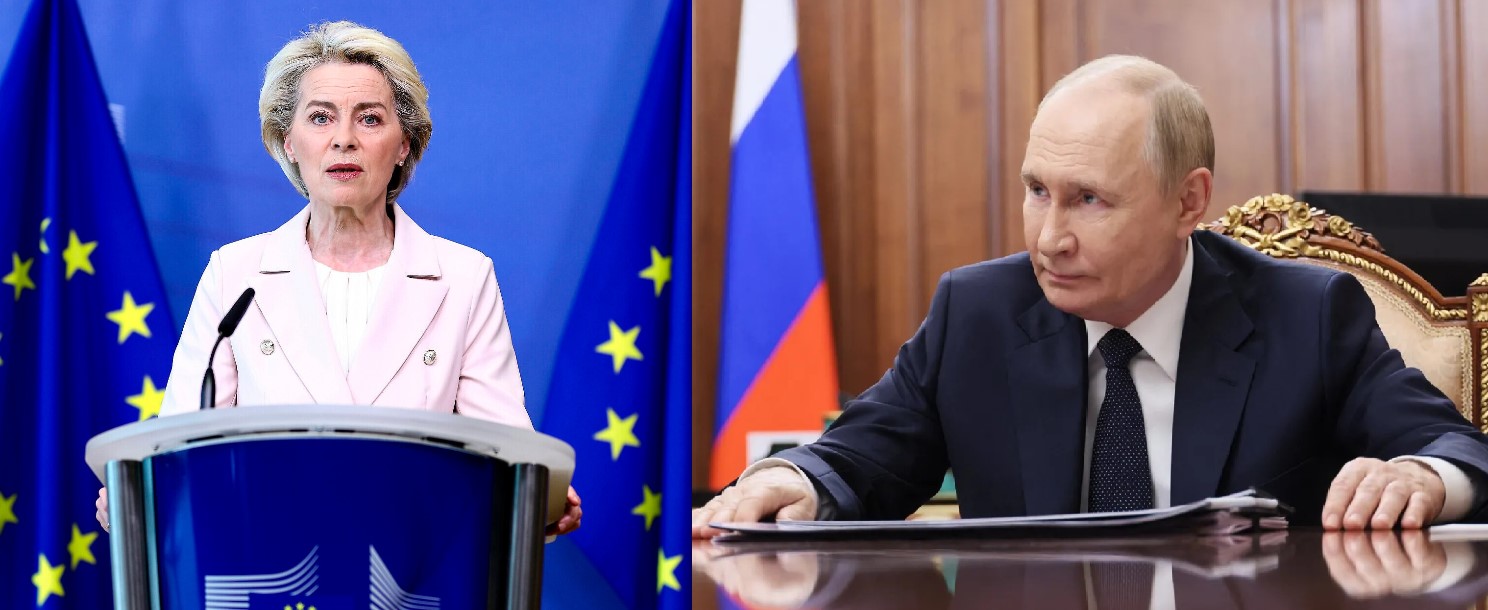Brazilian Leadership Considers Nuclear Weapon Options in National Security Strategy

Brazil’s nuclear weapons debate has resurfaced after Minister of Mines and Energy Alexandre Silveira suggested that Brazil might need to develop nuclear weapons to secure its national defense. Speaking at an event in Rio de Janeiro, where new directors for the National Nuclear Safety Agency (ANSN) and the National Petroleum, Gas and Biofuels Agency (ANP) were appointed, Silveira warned that changing global threats might force Brazil to reassess its nuclear policy.
Constitutional and International Constraints
Silveira acknowledged that Brazil’s 1988 Constitution and its commitments under the Nuclear Non-Proliferation Treaty (NPT) currently restrict nuclear activity to peaceful uses, such as energy generation and nuclear medicine. However, he argued that geopolitical shifts could necessitate a strategic review in the long term. Any move toward nuclear deterrence would require legislative changes and thorough debate in Congress.
Strategic Resources Position Brazil as a Potential Nuclear Power
Brazil’s enormous uranium reserves, significant freshwater resources—accounting for 11% of the world’s supply—and vast mineral wealth give the country the ability to pursue advanced nuclear technology independently. These assets, while currently used for civilian purposes, are key components of a possible defense strategy, should international developments and domestic priorities align.
A 2020 Proposal Rekindles the Discussion
Silveira’s remarks echo the 2020 legislative proposal that called for Brazil to build an atomic bomb as a deterrent against foreign threats. Proposed by Vito Angelo Duarte Pascaretta and backed by more than 21,000 signatures, the initiative stalled in the Senate, yet ongoing global instability has reignited calls among some lawmakers to revisit the question of nuclear deterrence.
Historical Context: The Parallel Nuclear Program
Brazil’s nuclear history complicates the current debate. In the 1970s, the country secretly pursued a military nuclear program known as the “Parallel Nuclear Program”, aimed at full control over uranium enrichment outside civilian oversight. The program ended in 1990 following parliamentary inquiries. Brazil’s obligations under the NPT and the Treaty of Tlatelolco, which establishes Latin America and the Caribbean as a nuclear-weapon-free zone, make any shift toward nuclear armament legally and diplomatically challenging.
Brazil’s Technical Capability for Nuclear Weapons
Despite these limitations, Brazil’s nuclear capability is considerable and often underestimated. The country is home to one of the largest uranium reserves in the world, located primarily in the Ceará, Bahia, and Goiás regions, which could support both civilian and military nuclear applications if regulatory and political barriers were removed. Brazil’s state-run company, Indústrias Nucleares do Brasil (INB), already manages uranium mining, conversion, and enrichment at facilities such as Resende, which is capable of producing enriched uranium suitable for both energy and potential defense applications.
Brazil also possesses advanced nuclear fuel cycle technologies, including fuel fabrication, radioisotope production, and research reactors, supported by institutions like the National Nuclear Energy Commission (CNEN). The country’s Angra Nuclear Power Plant, though focused on energy production, demonstrates Brazil’s ability to manage complex reactor systems safely and reliably.
Moreover, Brazil’s ongoing nuclear submarine program, spearheaded by the Brazilian Navy, aims to build a nuclear-powered submarine that would require mastery over pressurized water reactor (PWR) technology. The design and operation of such reactors demand expertise in nuclear propulsion, shielding, and thermal management, all of which could be adapted for defense-related nuclear applications if the political will existed.
Brazil’s cadre of trained nuclear engineers, physicists, and technicians, cultivated through research institutions like the Federal University of Rio de Janeiro (UFRJ) and COPPE, provides further capacity to expand its nuclear arsenal if necessary. The country’s experience in handling nuclear materials, combined with robust infrastructure and access to global nuclear markets, gives it the technical foundation needed to transition into a nuclear weapons state, albeit at significant legal and diplomatic cost.
Global Tensions and Rising Nuclear Concerns
Heightened global tensions provide the backdrop for Brazil’s reconsideration of nuclear policy. Russia’s invasion of Ukraine, alongside nuclear developments by North Korea and Iran, has led many nations to reevaluate their defense strategies. Recent statements by former U.S. President Donald Trump and discussions among NATO allies on nuclear self-reliance underscore the increasing uncertainty in global security and the potential need for independent defense capabilities.
Government Reaffirms Civilian Nuclear Focus
In response to Silveira’s comments, the Ministry of Mines and Energy clarified that Brazil’s nuclear activities will remain centered on civilian purposes. Nonetheless, experts warn that the debate around nuclear deterrence may gain momentum, with some interpreting Silveira’s remarks as strategic signaling, while others view them as laying the groundwork for future policy shifts.
The Crossroads Ahead: Sovereignty vs. Commitments
As Congress debates the issue, Brazil faces a critical choice between honoring its non-proliferation commitments and adapting to emerging security threats. With its uranium reserves, nuclear expertise, and infrastructure, Brazil is one of the few countries capable of developing nuclear weapons if political and diplomatic circumstances permit. The coming years will test how Brazil balances sovereignty, defense priorities, and international obligations in an increasingly unpredictable world.
✍️ This article is written by the team of The Defense News.






